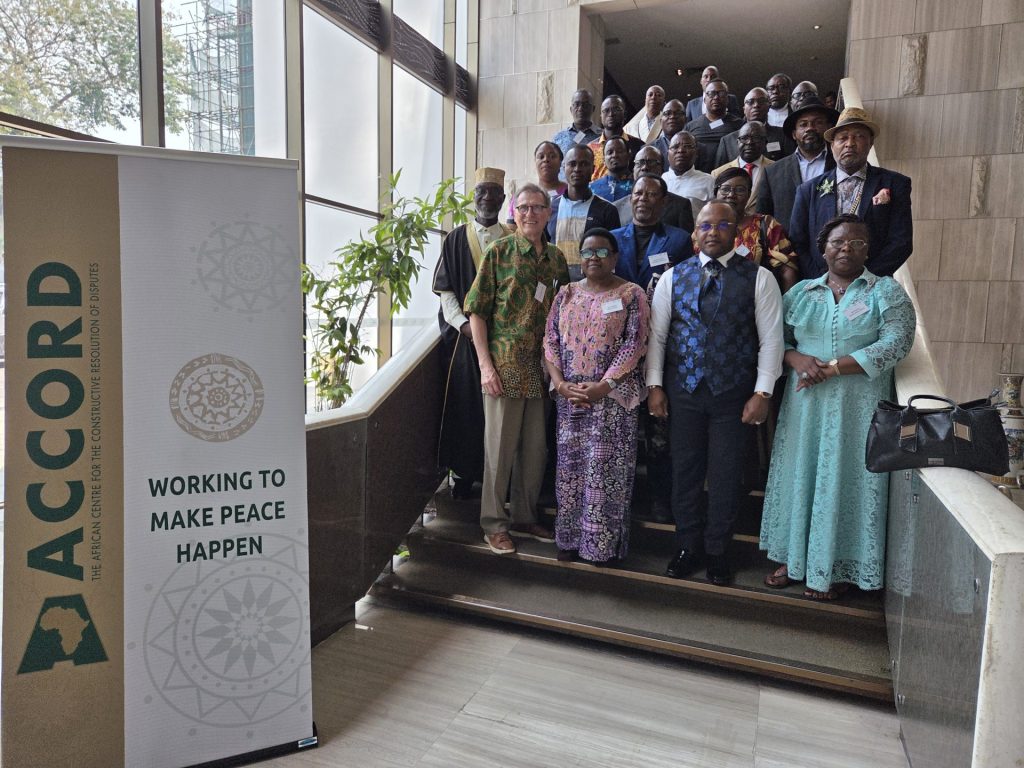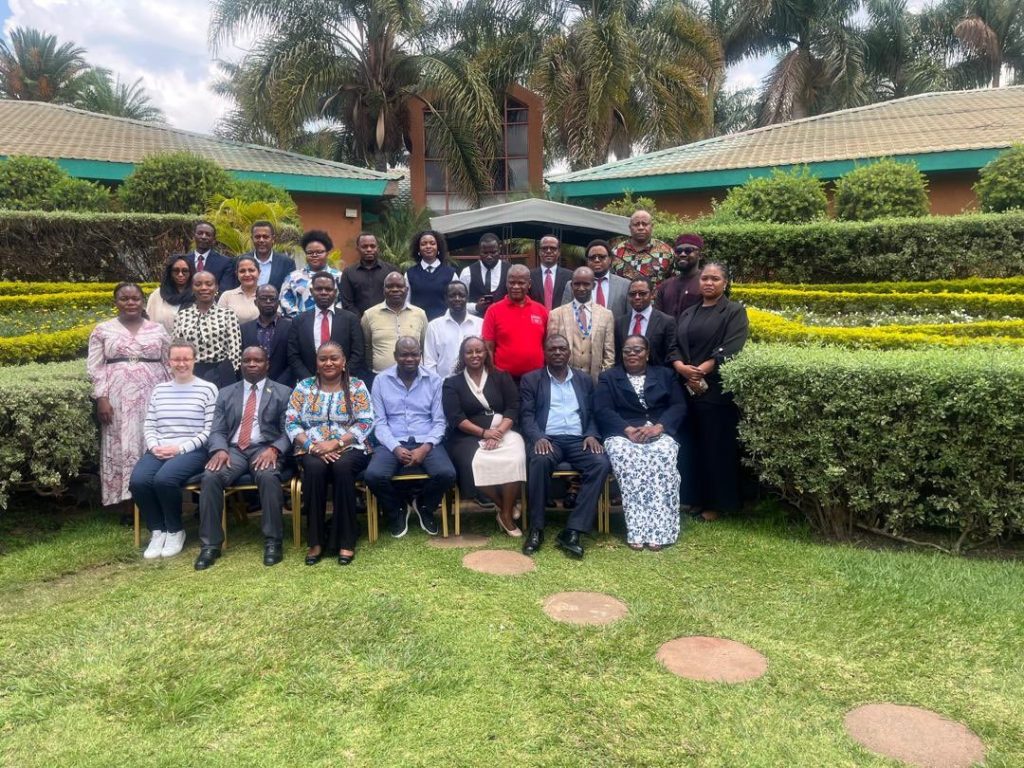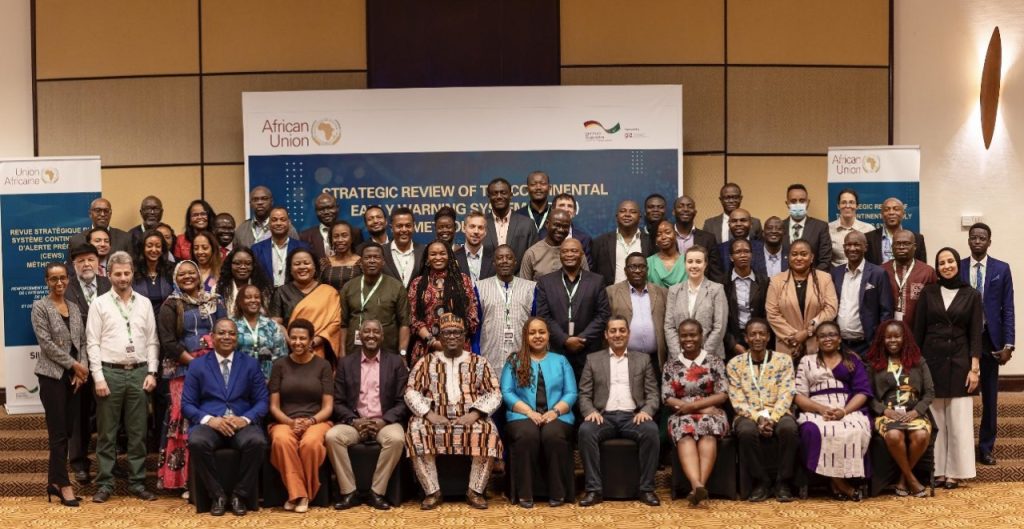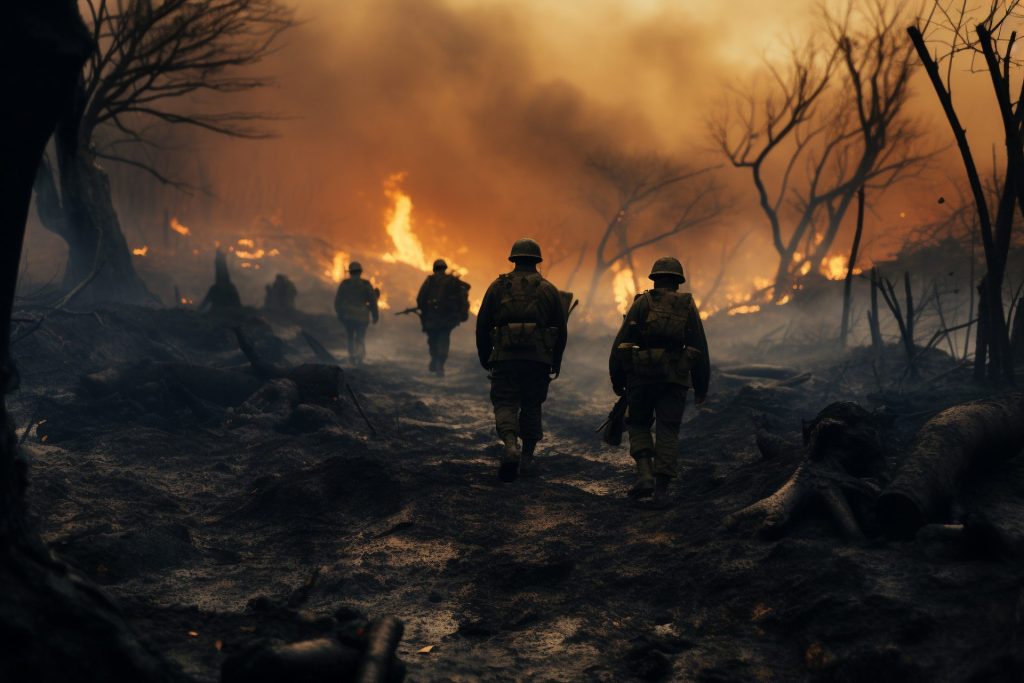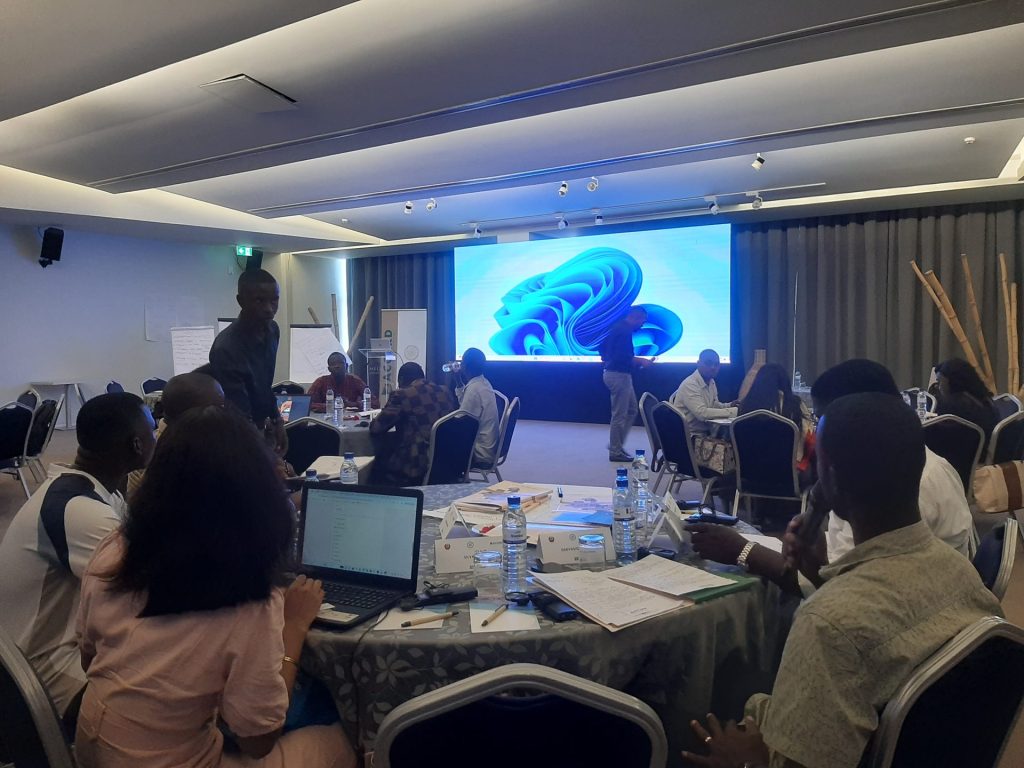The Research Unit at ACCORD will be hosting a Round Table Discussion where Professor T.V. Paul, a distinguished Canadian Scholar, will present preliminary findings from a book he’s currently authoring on the impact of globalisation on state security (elaboration below on the theme of the book).
Professor Paul’s visit to South Africa is aimed at assessing how globalisation, especially economic globalisation, has affected African countries, with focus on Sub-Saharan Africa. The discussion will take place on the 16th of January 2006 at ACCORD House in Mount Edgecombe, and will be attended by ACCORD staff, local academics, NGO workers & members of the diplomatic community.
Kindly find below a short description of the research agenda of the manuscript as well as a short bibliographic note on Professor Paul.
Globalisation and the Changing Nature of Security
This book project will examine the following questions: In the era of globalisation, are national security policies of nation states focusing more on non-defence areas such as protection of trade, the environment, and defence against other non-traditional security threats? Is there a decline in the size and funding of national militaries in response to these changing demands on the national security state? Is there regionalisation of security through cooperation and the construction of regional security regimes? How different are categories of states (i.e. great powers, states in regions of conflict or cooperation, and weak states) affected by globalisation in the area of national security? A tentative breakdown of the different actors and regions that will be examined include the major powers (U.S., Russia, China), states in cooperative regional sub-systems (EU, ASEAN, Mercosur), states in competitive regional sub-systems (South Asia and the Middle East), and those states that can be considered weak or failed (most of Africa).
Prof T.V. Paul
T.V. Paul is James McGill Professor of International Relations in the Department of Political Science at McGill University, Montreal, Canada, where he has been teaching since 1991. Paul specialises and teaches courses in international relations, especially international security, international conflict & conflict resolution, regional security and South Asia. He received his undergraduate education in India, M.Phil from Jawaharlal Nehru University, New Delhi and MA and Ph.D. in Political Science from the University of California, Los Angeles. Paul is the author of the books: India in the World Order: Searching for Major Power Status (Cambridge University Press, 2002, with B. Nayar); Power versus Prudence: Why Nations Forgo Nuclear Weapons (McGill-Queen’s University Press, 2000); and Asymmetric Conflicts: War Initiation by Weaker Powers (Cambridge University Press, 1994). He is the editor of the volume The India-Pakistan Conflict-An Enduring Rivalry (Cambridge University Press, forthcoming, 2005); and co-editor and contributor to the volumes: Balance of Power: Theory and Practice in the 21st Century (with J. Wirtz and M. Fortman, Stanford University Press, 2004); The Nation-State in Question (with G. John Ikenberry and John A. Hall, Princeton University Press, 2003); International Order and the Future of World Politics (with John A. Hall, Cambridge University Press, 1999); and The Absolute Weapon Revisited: Nuclear Arms and the Emerging International Order (with Richard Harknett and James Wirtz, The University of Michigan Press, 1998).

